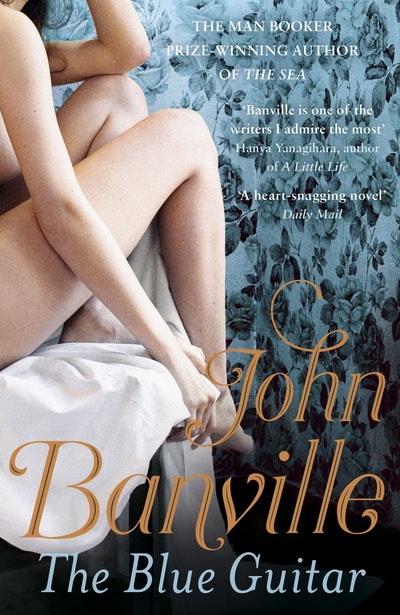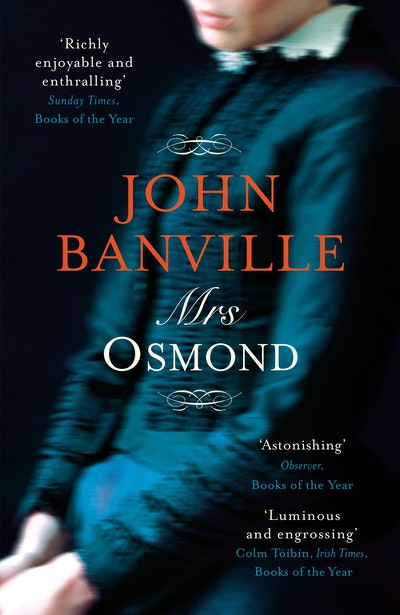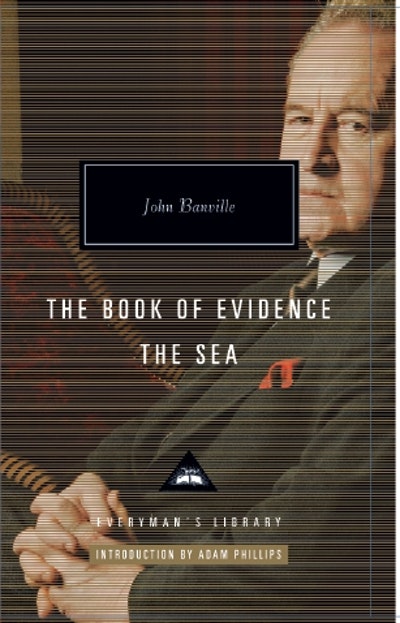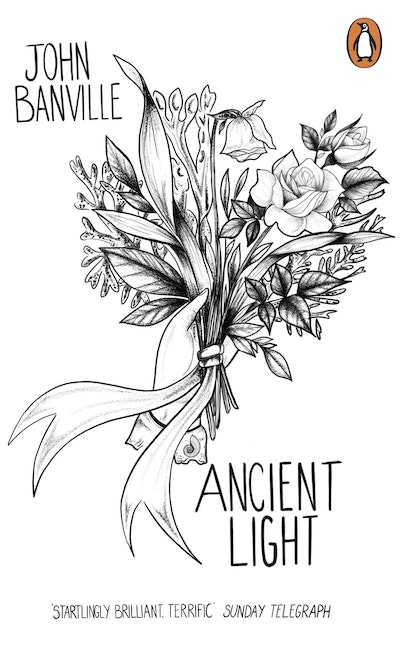- Published: 3 September 2015
- ISBN: 9780241970027
- Imprint: Penguin eBooks
- Format: EBook
- Pages: 256
The Blue Guitar
- Published: 3 September 2015
- ISBN: 9780241970027
- Imprint: Penguin eBooks
- Format: EBook
- Pages: 256
This engrossing and often beautiful novel is a true work of art that rewards careful reading
Daily Telegraph
Banville is a gorgeous writer who can nail an emotion
The Times
He shows himself, once again, as one of contemporary literature's finest and most expert witnesses... compelling and matchless prose
The Observer
The book is cherishable as a meditation on life's transience, the mysteries and fleetingness of love, the waning of sexual desire, and the lost domain of childhood
The Irish Independent
An elegant novel of tangled infidelity
The Scotsman
A brilliant study of memory, regret and inescapable alienation in relationships (...) a portrait of human frailty, it is surprisingly uplifting
The Lady
Banville's prose sparkles as Orme ponders the nature of art, his life, happiness, memory and love
The Daily Express
Banville is an expert in masculine interiority... achieving this by a luminous prose style
The Independent
Banville, the Nabokov of contemporary literature, can turn even a straightforward comeuppance tale into breath-taking literary art
Press Association
Banville is one of the writers I admire the most - few people can create an image as beautifully or precisely
Hanya Yanagihara, author of the Booker-shortlisted 'A Little Life'
Deliciously off-beat, gorgeous prose
Daily Mail
This is a book to be enjoyed for the grand mastery of its description and for the way it nails the challenges we face in attempting to understand the world, others and ourselves from the limits of our own perspective
The Metro
The Blue Guitar is arguably the funniest and most accessible of Banville's many novels . . . beautiful, heartbreaking
The Washington Post
Eloquent . . . Oliver has some of the wry comic haplessness of a Beckett character
Wall Street Journal
The cumulative effect of [The Blue Guitar] -the opening ludic exuberance, the subsequent steady softening, the sheer force of Banville's reflections on grief and loss-is moving, entertaining, edifying and affirmative. The Blue Guitar is a remarkable achievement: the work of a writer who knows not only about pain and eloquence, but about the consolations of learning how to think, to look and to listen
The National
Banville's descriptive gifts are undiminished as Oliver finally stumbles towards an understanding of love
Mail on Sunday
Elegant and affecting
Times Literary Supplement
Self-depreciating and funny . . . Banville, with this narrator who is messily making it up as he goes along, who is writing a dodgy first draft in front of our eyes, seems at once to be having fun and to be utterly serious. Serious about the demolition work at the heart of this novel, a taking-down of the business of writing a novel, all those strivings, strainings, fakings and foreshortenings-and all the ridiculousness of alliteration-for-effect, with a rake of unlikely character and place names which seem right out of a sinister sort of nursery rhyme-all the artifice that the reader pretends not to see as such, all of the impulses and indulgences (stop alliterating!) with which the writer expects to get away.
The Irish Times






